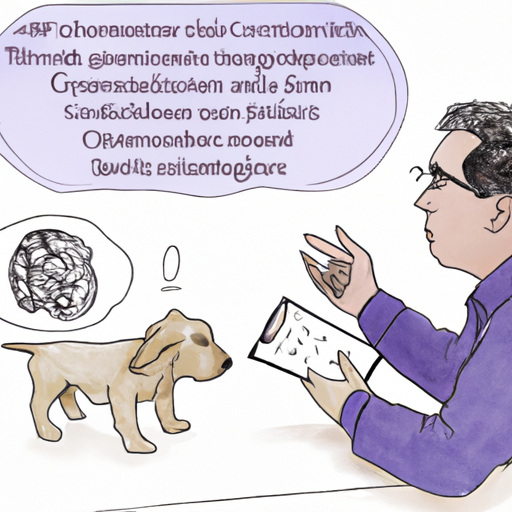Understanding Cluster Seizures in Dogs
If you’ve ever witnessed your furry friend experiencing a seizure, you know how frightening it can be. It’s even more alarming when these seizures occur in clusters. Cluster seizures, which are defined as multiple seizures within a 24-hour period, can be a sign of a serious neurological condition.
These seizures are often more dangerous and difficult to manage than single seizures. They can lead to a condition called status epilepticus, which is a continuous, prolonged seizure that can be life-threatening.
Possible Causes of Cluster Seizures
There can be various causes for cluster seizures in dogs. Let’s take a look at a few:
1. Epilepsy
This is a neurological disorder characterized by recurrent seizures. Epilepsy can be inherited or can develop as a result of brain damage.
2. Brain Tumor
Tumors can put pressure on the brain, causing seizures. The frequency and severity of these seizures can increase as the tumor grows.
3. Liver Disease or Kidney Disease
These diseases can cause toxins to build up in the bloodstream, leading to seizures.
4. Hypoglycemia
This condition, characterized by low blood sugar, can trigger seizures in dogs.
5. Trauma or Infections
Any injury or disease that affects the brain can trigger seizures.
Recognizing the Symptoms
Recognizing the signs of a seizure in your dog can help you react quickly and appropriately. Here are some symptoms to look out for:
- Sudden uncontrolled movements
- Loss of consciousness
- Drooling or foaming at the mouth
- Twitching or shaking
- Stiffness in the limbs
- Loss of bowel or bladder control
- Temporary blindness
Treatment Options
Once your vet has identified the underlying cause of the seizures, they can recommend an appropriate treatment plan. This might include:
- Antiepileptic drugs
- Dietary changes
- Surgery (in cases of brain tumors)
- Management of underlying diseases (such as diabetes or kidney disease)
Preventing Future Cluster Seizures
Preventing future cluster seizures involves managing the underlying condition and monitoring your dog closely. Here are some strategies you might find helpful:
- Regular vet check-ups
- Consistent use of prescribed medications
- Monitoring and recording seizure activity
- Providing a safe and stress-free environment for your dog
Frequently Asked Questions
Q1: Can cluster seizures be cured?
A1: Treatment can often control cluster seizures, but in many cases, they cannot be completely cured.
Q2: What should I do if my dog has a seizure?
A2: Keep calm, ensure your dog is in a safe place, and contact your vet immediately.
Q3: Can diet affect my dog’s seizures?
A3: Yes, certain foods can trigger seizures. Your vet can provide guidance on dietary changes.
Q4: How long do cluster seizures last?
A4: This can vary. If a seizure lasts more than five minutes, seek vet care immediately.
Q5: Can stress cause seizures in dogs?
A5: Yes, stress can trigger seizures in dogs with a history of the condition.



